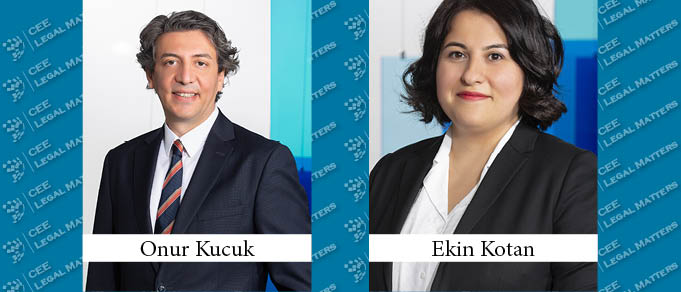Recent decades have witnessed economic turmoil, crises, recessions, inflation surges across the world, and, lately, the long-lasting effects of the pandemic globally. During these downturns, the issue of financial restructuring has surfaced as a key concern of policymakers, financial institutions, and market players.
As of the second half of 2018, the concept of “financial restructuring” has become a trending topic again in the Turkish market, both because of the impact of changes made in relevant legislation and the economic developments in the country.
With the additional article introduced in Banking Law no 5411 on July 19, 2019, it became possible to restructure the debts of commercial loan debtors (Debtors) arising from loan arrangements with banks, financial leasing, factoring, and financing companies (Credit Institutions) within the scope of framework agreements and contracts, for a period of two years. The two-year period was extended by Presidential Decree for an additional two years to July 19, 2023.
A total of 43 Credit Institutions, 21 of which are banks and 22 other financial institutions, have become parties to the framework agreement approved by the Banking Regulation and Supervision Agency so as to ensure that their debtors could benefit from this financial restructuring model.
Two different framework agreements were entered into force depending on the amount of total principal debts of the Debtors to the Credit Institutions. The large-scale framework agreement is applicable for Debtors with a total principal debt of TRY 25 million or more and the small-scale framework agreement is applicable for principal debt below that threshold. In 2021, the threshold was amended to TRY 100 million.
In the framework agreement, the main purpose of the financial restructuring is expressed as enabling the Debtors which have already faced or are likely to face temporary difficulties in their loan repayments to the Credit Institutions to fulfill their repayment obligations and to continue contributing to employment, through measures given in the framework agreement. These measures include, among others, an extension of the maturity dates; a reduction of the amount of, or waiver from, principal, interest.
A Debtor that intends to benefit from financial restructuring should apply to any of the three Credit Institutions that have the highest amount of receivables from them and already signed the framework agreement.
Upon the acceptance of a proper submission of the application by the Credit Institution, the protection period named the Standstill Process commences for the Debtor and the Creditor Institutions. During the Standstill Process, execution proceedings cannot be conducted, and other legal remedies cannot be applied by the Creditor Institutions with regard to the receivables in the scope of the financial restructuring, except for the cases that may cause loss of rights due to statute of limitations.
If the Creditor Institutions which own two-thirds of the receivables subject to financial restructuring agree on implementing the financial restructuring project for a Debtor, all Credit Institutions which are the creditors of Debtors have the obligation to restructure their receivables as per the framework agreement.
According to information provided by the Banks Association of Turkey, 325 debtors with total outstanding payment obligations of TRY 99,5 billion have benefitted from financial restructuring as of May 2022. 290 such companies are within the scope of large-scale applications, with TRY 99,085 million, and 35 of them are small-scale applications, with TRY 421 million in payment obligations. The data does not include the loans that banks have restructured on their own initiative, apart from the aforementioned regulations.
Considering the increasing global risks such as the Russia-Ukraine conflict, which has a critical impact on energy and food resources, supply-chain problems, and fluctuations in major economies, it is safe to conclude that companies will increasingly continue to restructure their finances. Having said that, restructuring tools will need to expand beyond the conventional amend & extend policy and introduce more comprehensive items such as debt to asset swaps, debt to equity swaps, or haircuts. Above all, the relevant legislation is expected to evolve to meet the changing needs for more complex structures and to open the path for companies and financial institutions to benefit from such tools.
By Onur Kucuk, Managing Partner, and Ekin Kotan, Associate Partner, KP Law
This Article was originally published in Issue 9.8 of the CEE Legal Matters Magazine. If you would like to receive a hard copy of the magazine, you can subscribe here.

